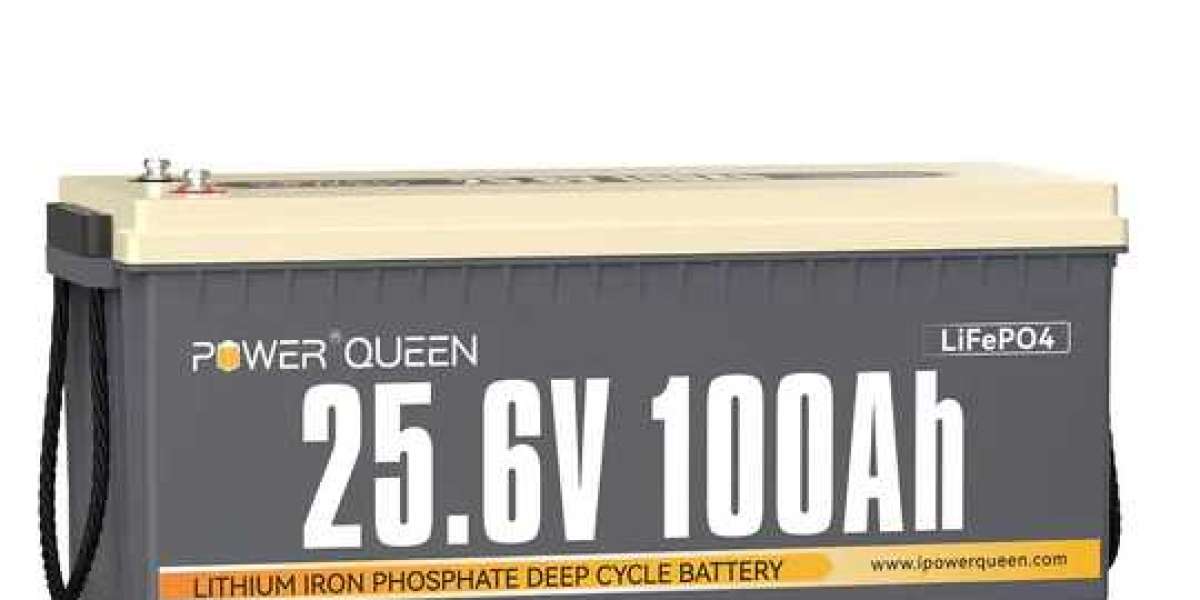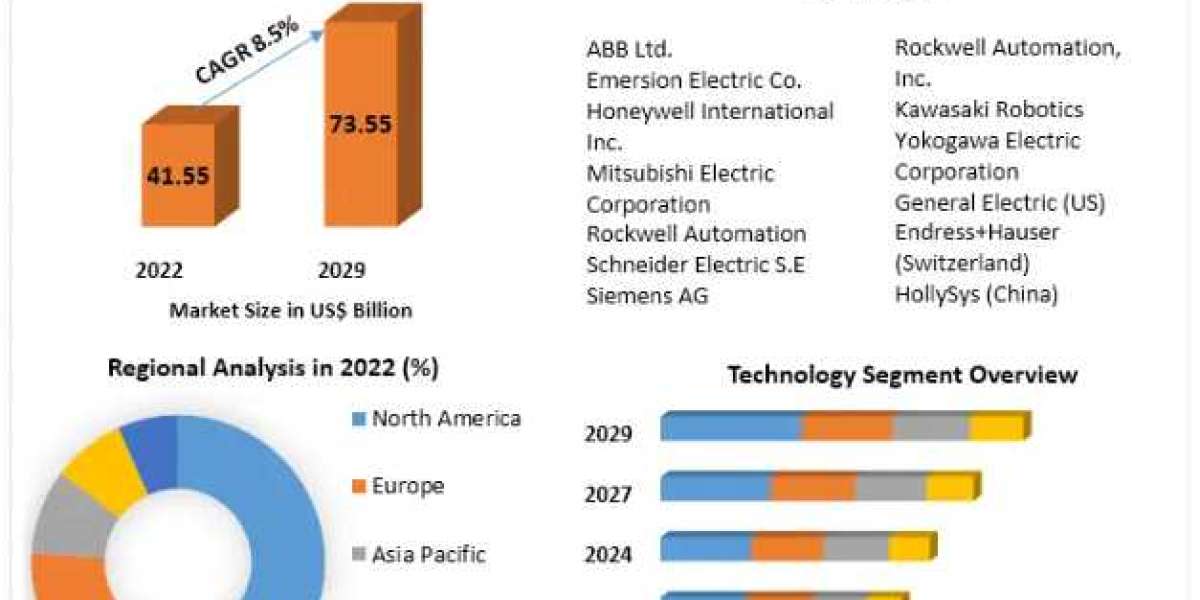Lithium-ion batteries have rapidly gained popularity in various applications due to their exceptional performance, long lifespan, and environmental benefits. Among the different configurations available, 24V lithium-ion batteries are a preferred choice for power systems requiring a more robust and reliable energy source. From powering electric vehicles to being integral components in solar energy storage systems, 24V lithium-ion batteries offer versatility and efficiency. In this article, we will explore the essential characteristics of 24V lithium-ion batteries, the benefits they provide, and why they are becoming the go-to option for diverse power needs.

1. What Are 24V Lithium-Ion Batteries?
A 24V lithium-ion battery is a rechargeable power source that utilizes lithium-based chemistry to store and deliver electrical energy. These batteries are specifically designed to provide 24 volts of electricity, making them an ideal choice for medium to high-power applications. They consist of multiple lithium-ion cells connected in series to produce a stable voltage of 24V.
Lithium-ion batteries, in general, are known for their light weight, energy efficiency, and long lifespan. 24V lithium-ion batteries provide a larger capacity compared to lower-voltage variants like 12V batteries, making them perfect for applications that demand higher power output.
2. How Do 24V Lithium-Ion Batteries Work?
Lithium-ion batteries store energy through an electrochemical process. Inside the battery, lithium ions move between the anode and the cathode during charging and discharging cycles. When charging, lithium ions are stored in the anode, and when discharging, they flow to the cathode, releasing stored energy in the form of electricity.
The 24V configuration is achieved by connecting several individual cells in series. A typical 24V lithium-ion battery contains 7 or 8 cells, with each cell providing 3.6V, resulting in a combined voltage of 24V. The battery management system (BMS) within the battery ensures safe operation, regulating voltage, temperature, and state-of-charge to prevent overcharging, overheating, or deep discharges.
3. The Benefits of 24V Lithium-Ion Batteries
24V lithium-ion batteries offer several advantages over traditional lead-acid batteries and other power solutions. Let’s take a closer look at the key benefits:
3.1 Longer Lifespan
One of the most significant benefits of 24V lithium-ion batteries is their longevity. These batteries can last anywhere between 5 to 10 years or even longer, depending on usage and maintenance. In contrast, traditional lead-acid batteries typically last around 3 to 5 years. The extended lifespan of lithium-ion batteries is due to their ability to handle more charge and discharge cycles without significantly degrading their performance.
This makes 24V lithium-ion batteries a more cost-effective solution in the long run, especially in applications that require continuous or high-frequency use.
3.2 Higher Efficiency and Faster Charging
24V lithium-ion batteries offer excellent efficiency compared to other battery types. They can provide more power while maintaining a smaller footprint, making them ideal for energy-intensive applications. Lithium-ion batteries also have a higher energy density, which means they can store more energy in a smaller, lighter package.
In addition to higher efficiency, 24V lithium-ion batteries charge much faster than their lead-acid counterparts. Depending on the charging system, a 24V lithium battery can be fully charged in a few hours, while lead-acid batteries typically take much longer to reach full charge.
3.3 Lightweight and Compact Design
24V lithium-ion batteries are much lighter and more compact than traditional lead-acid batteries. Their lightweight nature is particularly beneficial for portable power applications, such as electric bikes, solar systems, and electric vehicles (EVs), where space and weight limitations are important considerations.
A lighter battery also makes installation easier and reduces the overall weight of the power system, enhancing performance in applications like RVs, boats, and even solar-powered homes.
3.4 Deep Discharge Capability
Unlike traditional lead-acid batteries, which can be damaged by deep discharges, 24V lithium-ion batteries can be safely discharged to a much lower percentage of their capacity without suffering significant degradation. Many lithium-ion batteries can be discharged down to 20% of their total capacity without causing harm, while lead-acid batteries should not be discharged below 50%.
This deep discharge capability maximizes the usable capacity of the battery and makes it more efficient for applications that demand extended run times, such as off-grid power systems and electric vehicles.
3.5 Enhanced Safety Features
Safety is a key consideration when choosing a power source, and 24V lithium-ion batteries come equipped with advanced safety features. These batteries are designed with a built-in Battery Management System (BMS) that helps manage and monitor the battery’s performance. The BMS ensures that the battery operates within safe parameters by:
Preventing overcharging and overdischarging.
Monitoring temperature to avoid overheating.
Protecting against short circuits and other potential issues.
Additionally, lithium-ion batteries are generally safer than lead-acid batteries because they don’t contain harmful chemicals like sulfuric acid, which can pose a risk if the battery is damaged.
3.6 Environmentally Friendly
24V lithium-ion batteries are more environmentally friendly than traditional lead-acid batteries. Lead-acid batteries contain hazardous materials that require special handling and disposal, whereas lithium-ion batteries contain fewer toxic substances and can be more easily recycled. As the demand for sustainable energy solutions increases, lithium-ion batteries are seen as a more eco-friendly alternative to older battery technologies.
4. Applications of 24V Lithium-Ion Batteries
24V lithium-ion batteries are versatile and are used in a variety of applications across different industries. Some of the most common uses include:
4.1 Solar Energy Storage
In solar power systems, 24V lithium-ion batteries are commonly used to store energy generated by solar panels. These batteries provide reliable power during cloudy days or at night when the solar panels aren’t producing energy. Their efficiency and fast charging times make them ideal for off-grid and backup power systems.
4.2 Electric Vehicles (EVs)
24V lithium-ion batteries are widely used in electric vehicles, including e-bikes, electric cars, and electric scooters. These batteries provide a lightweight, high-capacity energy source that can power the vehicle efficiently and provide extended range per charge.
4.3 Recreational Vehicles (RVs) and Boats
Many RV and boat owners use 24V lithium-ion batteries to power appliances, lights, and other electrical systems. These batteries are more durable, long-lasting, and efficient than traditional lead-acid batteries, making them perfect for these mobile power applications.
4.4 Backup Power Systems
24V lithium-ion batteries are used in backup power systems for homes and businesses. They provide uninterrupted power during power outages, ensuring essential devices and systems continue to function when the grid is down.
4.5 Industrial and Commercial Use
In industrial settings, 24V lithium-ion batteries are used to power forklifts, automated machinery, and other equipment that require reliable, efficient power. Their high energy density and long lifespan make them an attractive choice for companies seeking to reduce operational costs.
5. Conclusion: Why 24V Lithium-Ion Batteries Are the Future of Power Storage
24V Lithium ion Battery offer significant advantages over traditional battery technologies, including longer lifespan, higher efficiency, safety, and a more eco-friendly design. Their versatility makes them ideal for a wide range of applications, from solar power storage to electric vehicles and backup power systems.








